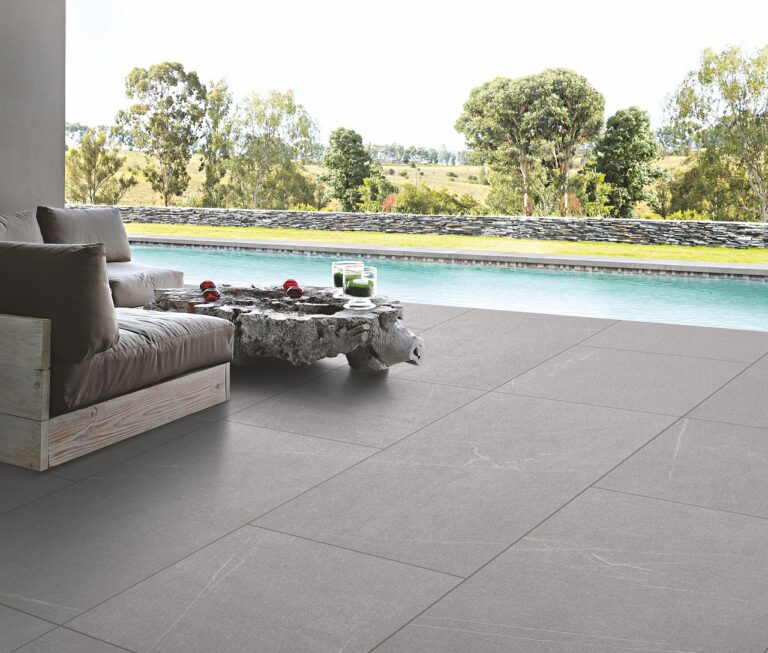The Future of Home Construction: Sustainable Practices
betbhai9 whatsapp number, radhe exchange register, my99 exch: The future of home construction is evolving rapidly, with a growing emphasis on sustainable practices. As the effects of climate change become more apparent, homeowners and builders alike are seeking ways to reduce their carbon footprint and create more environmentally friendly homes. In this article, we’ll explore the latest trends in sustainable home construction and how these practices are shaping the future of residential building.
The Rise of Sustainable Building Materials
One of the key components of sustainable home construction is the use of eco-friendly building materials. Traditional materials such as concrete and steel have a significant impact on the environment due to their high carbon footprint. However, new materials are being developed that are not only more environmentally friendly but also offer better insulation and durability.
Materials like recycled steel, bamboo, and cork are gaining popularity in the construction industry for their sustainability and energy efficiency. These materials are often locally sourced, reducing the carbon emissions associated with transportation. Additionally, advancements in technology have led to the development of bio-based materials such as hempcrete and straw bale, which have excellent insulation properties and are biodegradable.
Energy-Efficient Design
Another crucial aspect of sustainable home construction is energy efficiency. Homes account for a significant portion of energy consumption, so building homes that are energy-efficient can have a significant impact on reducing carbon emissions. Features such as solar panels, energy-efficient appliances, and proper insulation can help reduce energy consumption and lower utility bills.
Passive design principles are also becoming more popular in sustainable home construction. By orienting homes to take advantage of natural light and ventilation, homeowners can reduce their reliance on artificial heating and cooling systems. This not only reduces energy consumption but also creates a more comfortable living environment.
Green Building Certifications
In recent years, green building certifications such as LEED (Leadership in Energy and Environmental Design) have become more prevalent in the construction industry. These certifications evaluate a building’s sustainability based on factors such as energy efficiency, water usage, and indoor air quality. By designing and constructing homes that meet these standards, builders can demonstrate their commitment to sustainable practices and attract environmentally conscious buyers.
Smart Home Technology
Advancements in technology are also influencing the future of home construction. Smart home technology allows homeowners to monitor and control their energy usage, lighting, and appliances remotely. This not only increases convenience but also helps reduce energy consumption and lower utility bills.
Incorporating smart home technology into sustainable home construction can provide homeowners with real-time data on their energy usage, allowing them to make informed decisions about how to reduce their environmental impact. From smart thermostats to energy monitoring systems, these technologies can help homeowners create more efficient and sustainable homes.
The Importance of Water Conservation
Water conservation is another critical aspect of sustainable home construction. With freshwater resources becoming increasingly scarce, it’s essential to design homes that minimize water usage and waste. Features such as low-flow fixtures, rainwater harvesting systems, and drought-resistant landscaping can help reduce water consumption and decrease the strain on local water supplies.
FAQs
Q: What are the benefits of sustainable home construction?
A: Sustainable home construction offers numerous benefits, including lower energy costs, improved indoor air quality, reduced carbon footprint, and increased property value.
Q: How can I incorporate sustainable practices into my existing home?
A: There are several ways to make your existing home more sustainable, such as upgrading to energy-efficient appliances, improving insulation, installing solar panels, and using eco-friendly materials for renovations.
Q: Are sustainable homes more expensive to build?
A: While sustainable homes may have a higher upfront cost, they often provide long-term savings through lower energy bills and maintenance costs. Additionally, many government incentives and rebates are available to offset the initial investment.
In conclusion, sustainable practices are shaping the future of home construction by prioritizing eco-friendly materials, energy-efficient design, green building certifications, smart home technology, and water conservation. By incorporating these practices into residential building projects, homeowners can create more efficient, environmentally friendly homes that benefit both the planet and their wallets.







